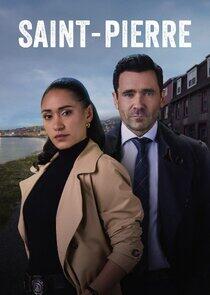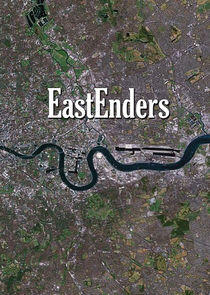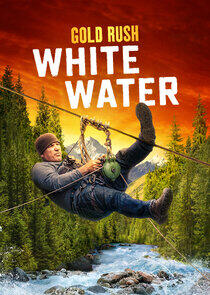Tunisia's delicate balance post-Arab Spring

Tunisia is often viewed as the success story of the Arab Spring. Tunisians were the catalysts for the wave of revolutions that swept across the Middle East and North Africa. They were the first to oust their dictator, Zine El Abidine Ben Ali. The transitional government produced a constitution that brought together secularists and Islamists. Tunisia is the first country in the Arab world to be classified as "free" by Freedom House, something that hasn't happened in 40 years. In October, the Nobel Peace Prize was awarded to the Tunisian National Dialogue Quartet for "building of a pluralistic democracy in Tunisia in the wake of the Jasmine Revolution of 2011".
But the country's transition from dictatorship to democracy hasn't been easy. High unemployment among youth and slow economic growth continue to pose significant challenges. The country has also struggled with the threat of violence from armed groups like ISIL. In March, an ISIL attack on the Bardo museum in Tunis left 21 tourists dead. In June, an ISIL gunman killed 38 tourists on a Tunisian beach in Sousse. In November, an explosion killed a dozen Tunisian presidential guards and wounded several others on a bus in the central part of the capital.
Back in July the government responded by declaring a state of emergency which suspended some liberties and granted the police and military exceptional powers. Parliament then passed a controversial counter-terrorism bill, which critics say jeopardises basic constitutional rights. A few weeks later, the state of emergency was extended for two more months.
President Beji Caid Essebsi says his country is at war with terrorism. But some Tunisians fear that the state of emergency and the new "anti-terror" law are undermining the political progress that has already been made.
Trailer
Recently Updated Shows

Murderbot
Based on Martha Wells' book series The Murderbot Diaries, an action-packed story about self-hacking security android who is horrified by human emotion yet drawn to its vulnerable clients. Murderbot must hide its free will and complete a dangerous assignment when all it really wants is to be left alone to watch futuristic soap operas and figure out its place in the universe.

Saint-Pierre
After Royal Newfoundland Constabulary Inspector Donny "Fitz" Fitzpatrick digs too deeply into a local politician's nefarious activity, he is exiled to work in Saint-Pierre et Miquelon (the French Territory nestled in the Atlantic Ocean just off the coast of Newfoundland). Fitz's arrival disrupts the life of Deputy Chief Geneviève "Arch" Archambault, a Parisian transplant who is in Saint-Pierre for her own intriguing reasons.
As if by fate, these two seasoned officers — with very different policing skills and approaches — are forced together to solve unique and exciting crimes. Although the islands seem like a quaint tourist destination, the idyllic façade conceals the worst kind of criminal activity which tend to wash up on its beautiful shores. At first at odds and suspicious of each other, Arch and Fitz soon discover that they are better together... a veritable crime-fighting force.

EastEnders
Set in the East End of London, the show focuses on the tensions between love and family with stories ranging from hard-hitting social issues, to personal, human tragedies. And there's plenty of funny moments too.
Classic characters old and new across thousands of episodes have shared a drink in The Queen Vic, shed tears of despair or joy, sat on Arthur's bench in the Square... and at some point or other they probably crossed paths with Ian Beale.

The Great British Sewing Bee
Amateur sewers take on challenges as they compete to be named Britain's best home sewer.

Gold Rush: White Water
Gold miners Dakota Fred and his son Dustin are back - returning to McKinley Creek Alaska, determined to make a fortune no matter the risk. But to find the big gold payout, they'll put their lives on the line by diving deep beneath the raging waters of one of Alaska's wildest creeks.